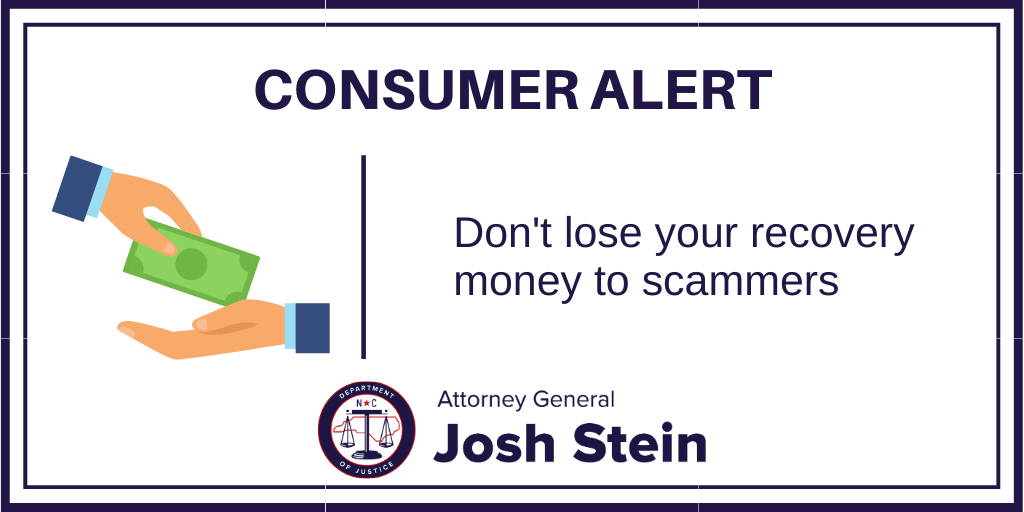
Thursday, April 2, 2020
In March, the federal government enacted a $2 trillion recovery law that will give many Americans up to $1,200 per person, with additional amounts for children, to help navigate economic hardships caused by the COVID-19 pandemic. As this money is sent out over the next few weeks, please be careful of scammers trying to get your personal or financial information so they can pocket your money or ruin your good name instead.
A few things to be aware of:
- No one can speed up the process and get payments to you faster. The Treasury Department expects most payments to be sent out within the next few weeks. Most payments will be made via direct deposit – the federal government already has most people’s bank account information from their tax filings.
- If the IRS does not have your direct deposit information, the Treasury Department is developing a web-based portal so you can input your bank account information and receive your payments online. Continue checking https://www.irs.gov/coronavirus for additional information on what you need to do. Be careful of phishing attempts that will send you to other unsecure links and allow scammers to steal your information. Do not give criminals access to your banking account!
- You do not need to pay any processing or one-time setup fees to receive this payment – anyone asking you to do so is a scammer.
- The IRS will not contact you via text, email, or phone call about these payments or call to verify payment details. If you receive communications through these channels, they are almost certainly phishing attempts to get your information. Hang up, don’t click on links, and report the scams to our office. Don’t share your bank account information, personal details, or any other financial information in any circumstance unless you’ve verified who you’re speaking with.
The Internal Revenue Service (IRS) will share additional details about stimulus checks as they are available on their website: https://www.irs.gov/coronavirus. You can also learn more about the details of the recovery bill here: https://www.nytimes.com/article/coronavirus-stimulus-package-questions-answers.html.
If an individual contacts you and you’re unsure of their authenticity or if you believe that you have been the victim of a scam, contact our office’s Consumer Protection Division at ncdoj.gov/file-a-complaint or 1-877-5-NO-SCAM. We are here to help you.
